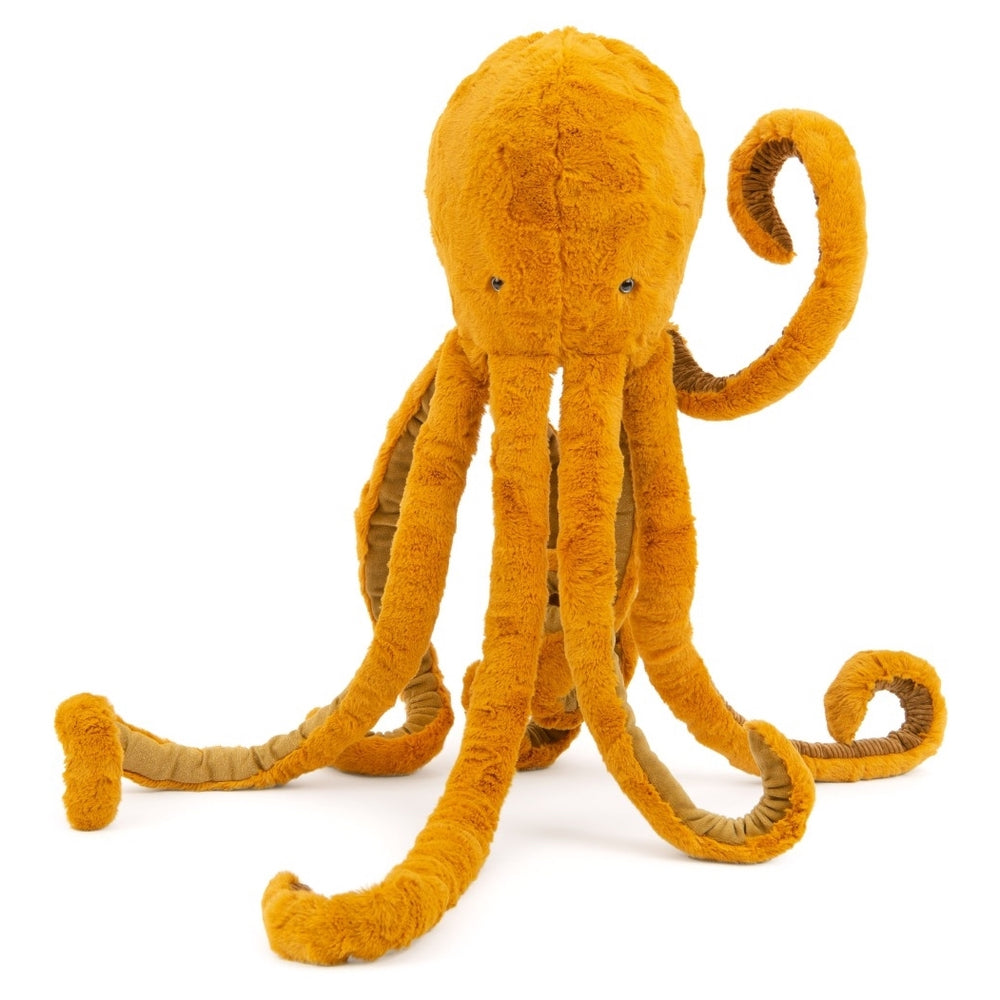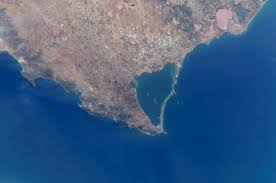
Introduction to Octopuses
Octopuses are among the most intelligent and versatile creatures found in the ocean. With over 300 species established to date, these remarkable molluscs demonstrate a range of behaviours and adaptations that intrigue scientists and nature enthusiasts alike. Their relevance lies not only in their ecological role but also in the potential insights they can provide into the evolution of intelligence and problem-solving in non-mammalian species.
Physical Characteristics
Distinctive for their bulbous bodies, eight tentacles, and remarkable colour-changing skin, octopuses possess a unique capability to blend into their surroundings and communicate with each other. Their bodies are soft with no bones, allowing them to squeeze through tight spaces in pursuit of prey or to evade predators. With a complex nervous system located primarily in their arms, octopuses exhibit dexterity and agility that is unmatched in the animal kingdom.
Intelligence and Behaviour
Recent research has highlighted the complexity of octopus intelligence. Studies show these creatures can navigate mazes, open jars, and use tools—behaviours previously thought to be exclusive to mammals. For instance, in a notable 2023 experiment, an octopus named Inky successfully escaped from his enclosure by navigating through a series of obstacles, showcasing the problem-solving and spatial awareness capabilities these animals possess.
Ecological Importance
Octopuses play a critical role in marine ecosystems. As predators, they control populations of their prey, which includes crabs, fish, and molluscs. Their hunting tactics, which can include ambush or stealth, demonstrate their adaptability in various environments, from coral reefs to the deep sea. However, due to environmental changes and overfishing, certain octopus species are experiencing population declines, raising concerns about their long-term viability in marine ecosystems.
Conservation Challenges
Conservation efforts are increasingly essential to support octopus populations. Habitat destruction, climate change, and unsustainable fishing practices pose significant threats. Awareness and research are crucial in implementing effective conservation strategies to protect these fascinating creatures. Initiatives aimed at sustainable fishing and habitat preservation are gaining traction, providing hope for future octopus populations.
Conclusion
Octopuses are not just remarkable for their physical and intellectual abilities; they are also critical indicators of ocean health. As ongoing research continues to unfold their abilities and significance, ensuring their survival will help maintain the balance within marine ecosystems. For readers and enthusiasts alike, understanding and supporting octopus conservation is essential to safeguarding these intelligent creatures for generations to come.
You may also like

Understanding the Role of Sharks in Marine Ecosystems

Understanding the Mar Menor: Challenges and Conservation

Unveiling The Pink Marine: A New Era in Marine Conservation
SEARCH
LAST NEWS
- Remembering Wendy Richard: The Promise to Co-Star Natalie Cassidy
- How Did Anglian Water Achieve an ‘Essentials’ Rating for Mental Health Accessibility?
- Shai Hope Leads West Indies in T20 World Cup Clash Against South Africa
- What We Know About Weston McKennie: Future at Juventus and Past at Leeds
- What We Know About the Upcoming Live Nation Antitrust Trial